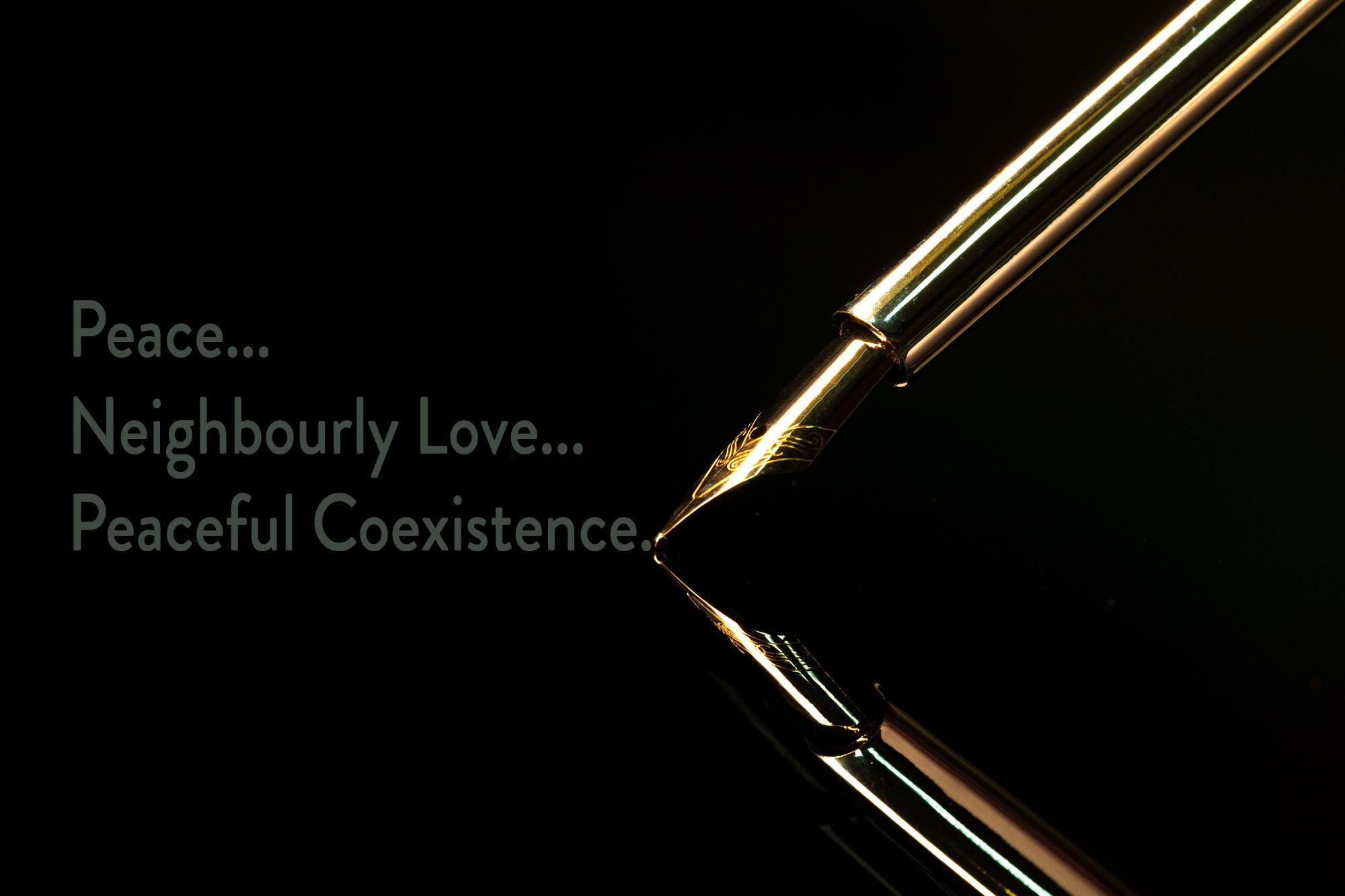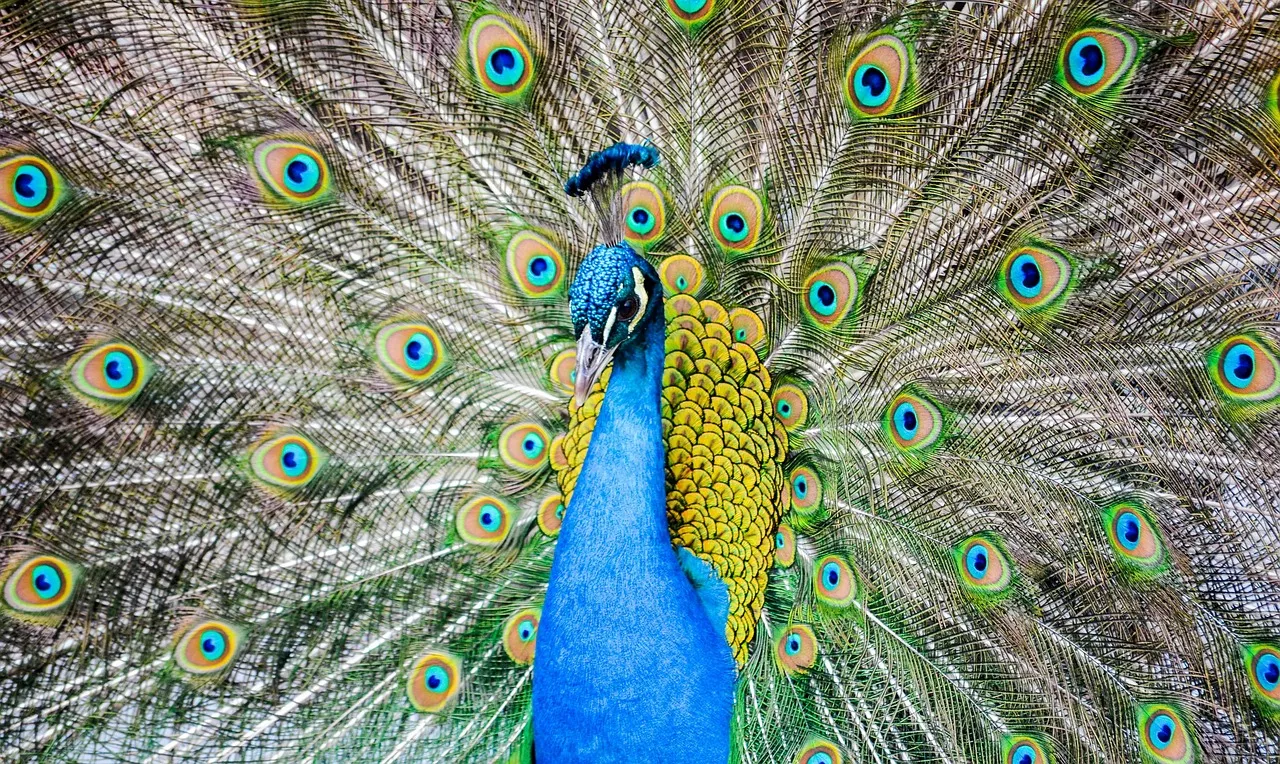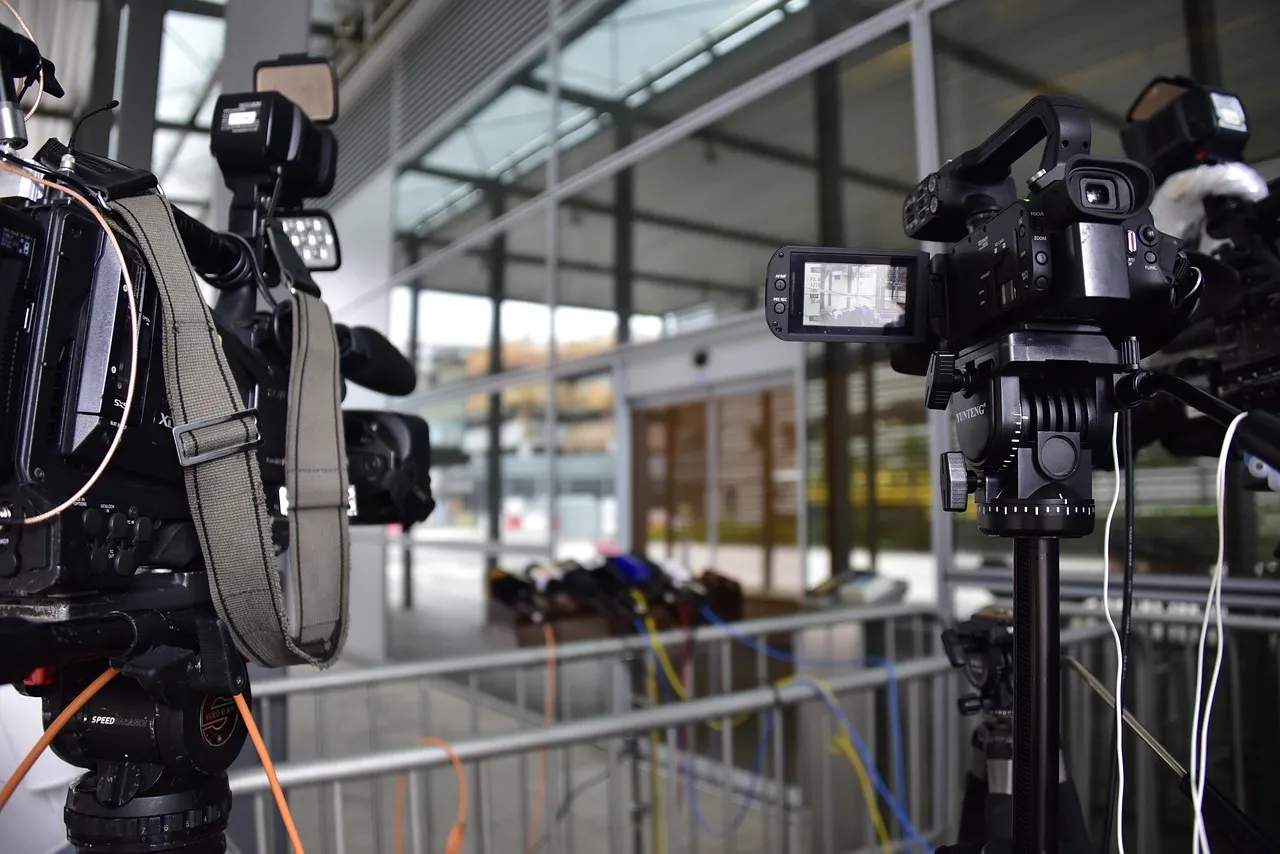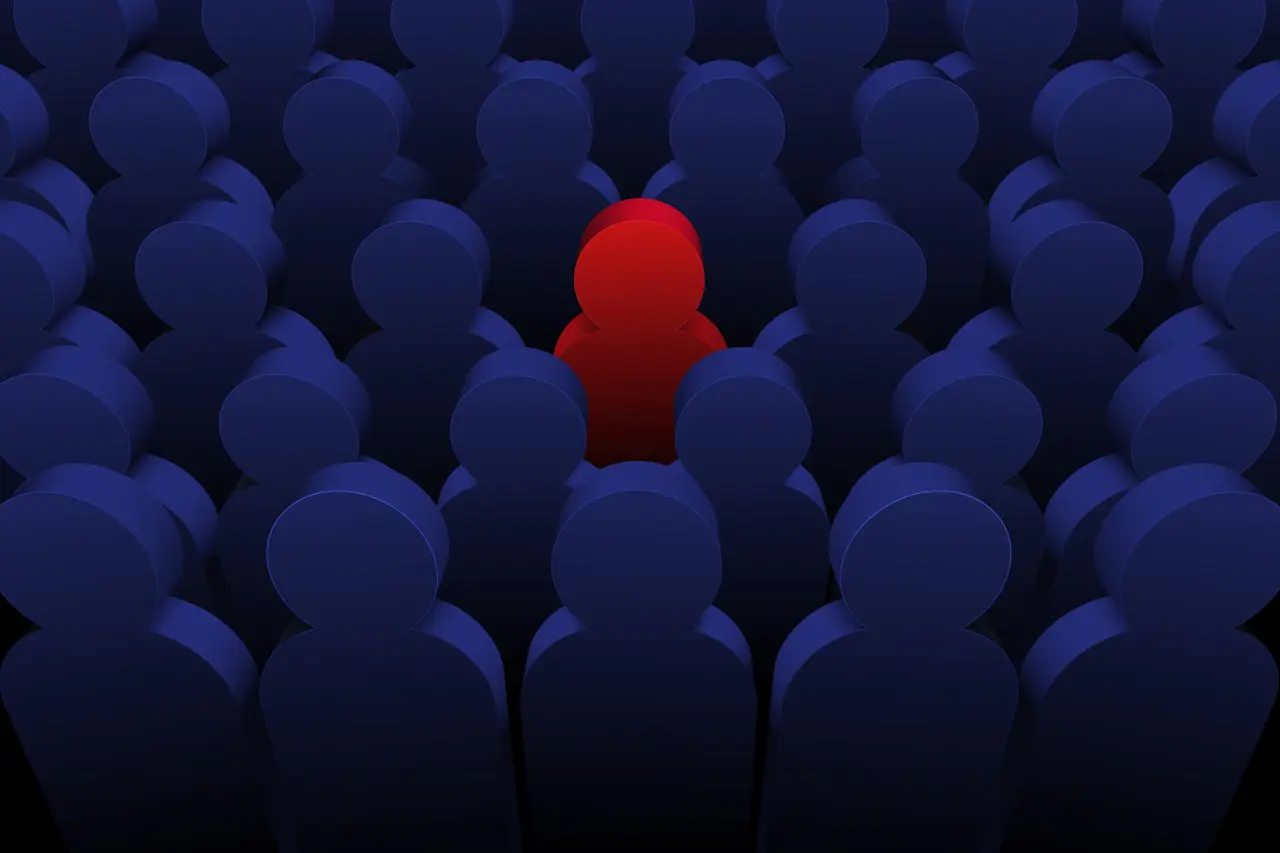
The principle is as old as mankind itself: When you want to get somewhere, you need to know two things, basically: Your finish line – and your starting point.
PEACE is some goal…
When it is a problem to be solved it is important to not just get a hazy idea of some problem or issue… a clear idea of the true problem is vital. Since, trying to find a solution without the clearly identified problem is pointless and a waste of time.
In other words: To get a clear picture of reasons for people doing something – or a system failing, you would look into history: Because it can help to find similar situations you can learn from.
And: Nothing in this life worth having comes easy…but that’s no reason to despair, but: “Keep at it – and remember about the breaks.”
We have come quite some way, in general!
In the past, people for centuries actually found it a great pastime to visit public torture and public hangings!
That has stopped.
In most countries around the world the death penalty has been abolished!
The most simple principle in that respect I have mentioned too, already:
Whatever you colour, creed, or conviction, you are not supposed to either kill, torture or bother other people. Period.
So, again, our goal as societies that have learned a thing or two about communities and responsibility – most, if not all of us yearn for peace: For peaceful coexistence. For more mutual understanding.
People in power these days once more seem, at the moment at least, have begun to realize that they are not just powerful for their own fun – or into the bargain; but that they carry the responsibility for exactly that kind of thing with them, each and every day:
-
- Keep the goal, the ultimate finish line, in focus.
- Start thinking it through from the end.
- Get proper counselling.
Remember that you are not alone on this planet and that your ‘powerful’ existence as such would be pretty pointless without all the others around….








